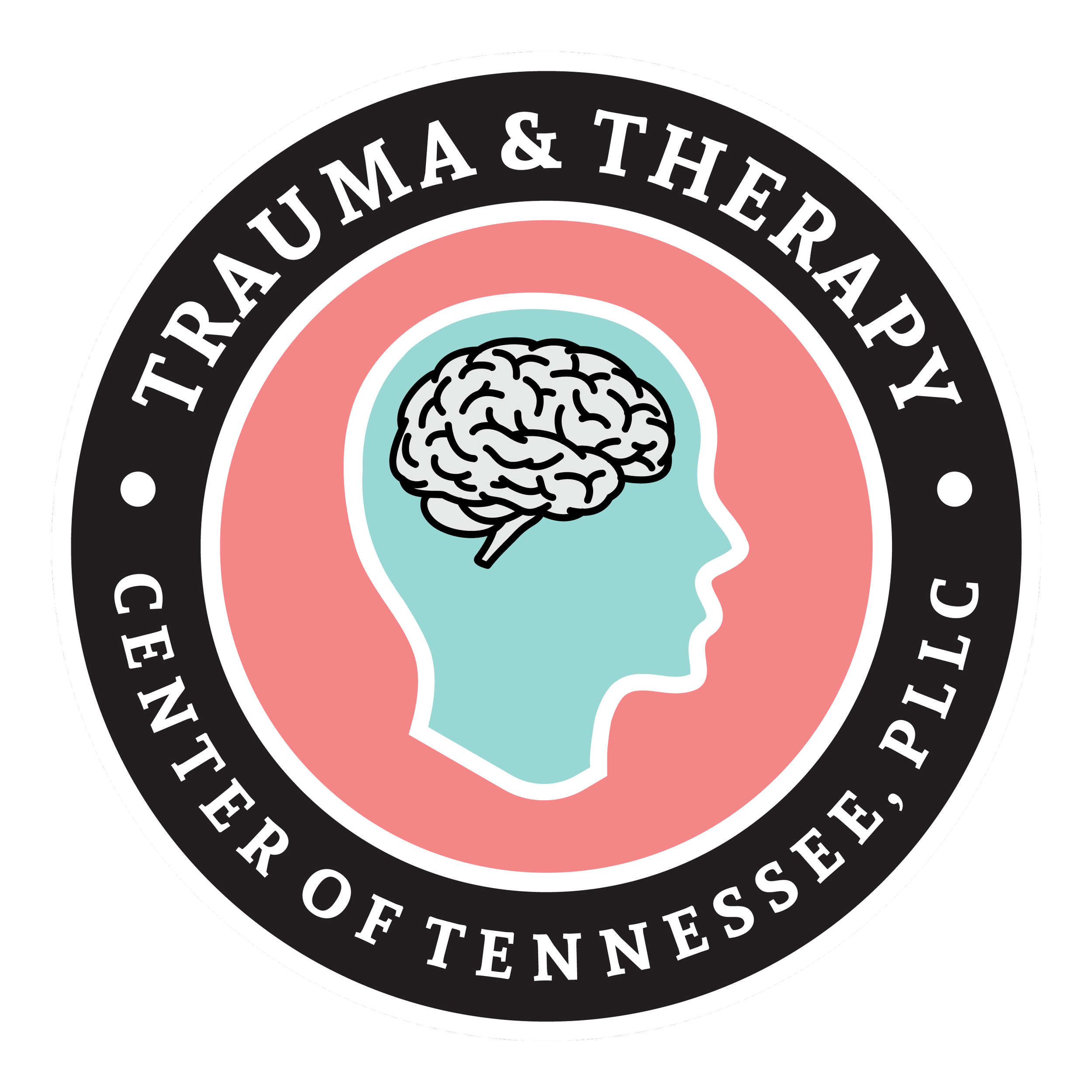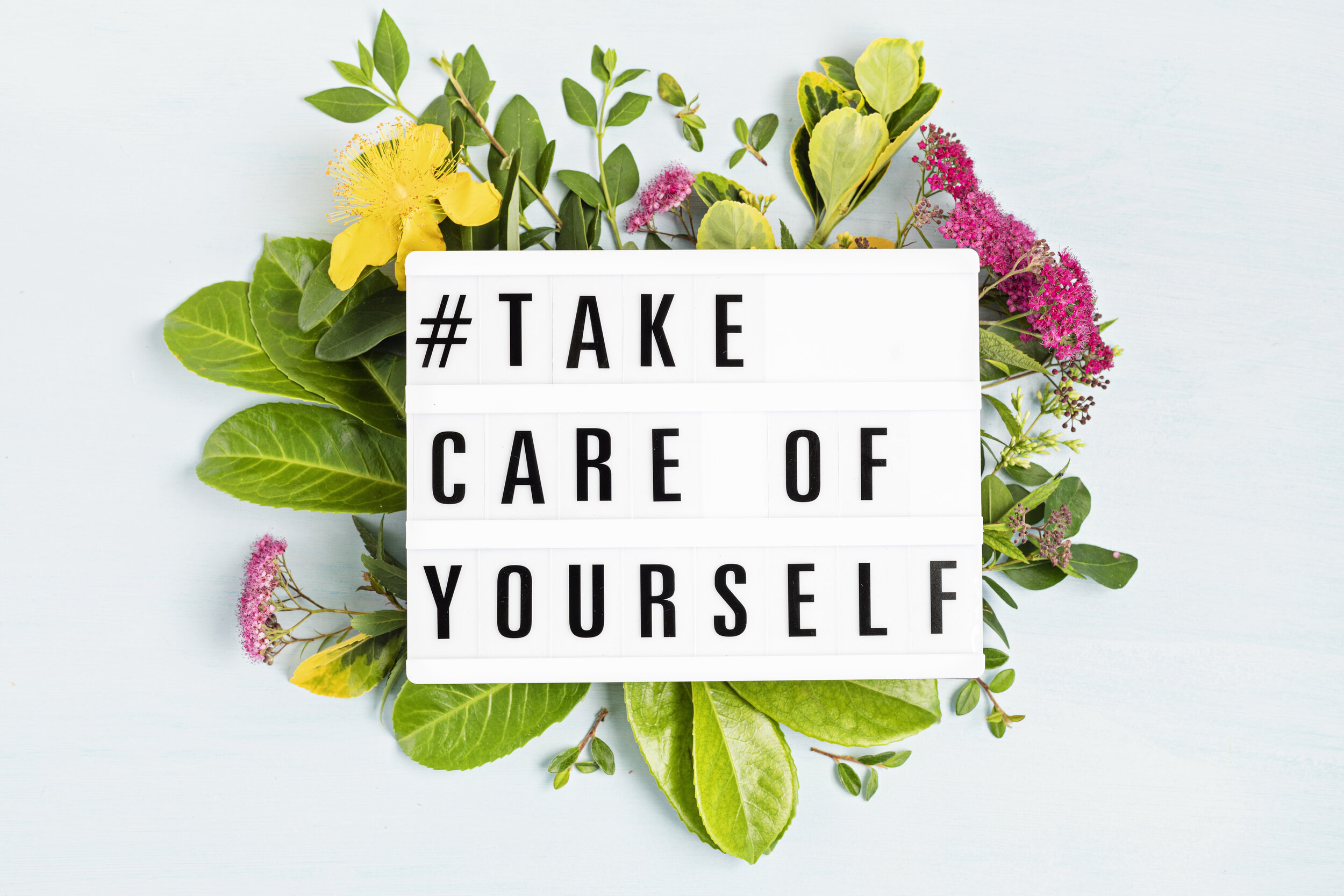Is Social Isolation Impacting Your Health? How Loneliness Affects the Body, Brain, and Immune System
Is Social Isolation Dangerous?
Social isolation, social distancing, and “flattening the curve” have all become common phrases lately. We all know what they mean, but what they do to our physical health, and in turn, our mental health, is not discussed as often. Social isolation has impacts on the body down to the cellular level and those impacts play a part in our physical and mental health.
Up regulation and down regulation are two cellular processes that impact a cell’s interaction with hormones. Up regulation is an increased sensitivity of a cell to a specific hormone. Receptors in the cell are more sensitive to hormones surrounding them. Down regulation follows the same principle, but in the opposite way: it is a decreased sensitivity to specific hormones. Sophia.org has a clear and concise explanation of up and down regulation on their website at this link: https://www.sophia.org/tutorials/up-and-down-regulation-hormone-clearance.
Why is this relevant to us during social isolation?
Up and down regulation have a lot to do with our environment. In this case, environment includes the presence or absence of other people. For most people, social isolation means a reduced number of people are interacting with us each day. Fewer social connections often mean people begin feeling lonely.
During this time of social isolation (or loneliness, for some), our cells are taking note and modifying their interactions with hormones in the body. Multiple studies have shown that up regulation takes place with stress hormones, such as cortisol. This means that cells become MORE sensitive to those hormones. Cortisol and other glucocorticoids play a part in many of the body’s functions, such as regulation of glucose, inflammation control, metabolism, cellular immunity, apoptosis (death of a cell due to absence or presence of certain stimuli), reproductive processes, and neurodegeneration. An overabundance of these hormones have a negative impact on the functions listed above.
In a nutshell, social isolation IS helpful when it comes to slowing the spread of disease, such as COVID-19. The problem comes in when that precaution begins to take a negative toll on our mental health. Then, not only are you feeling lonely, but your cells are working differently, which impacts your physical health and can make you feel gross.
Luckily, we can take precautions to help prevent this up regulation!
With social isolation and our typical outlets being limited, it can be easy to fall into unhealthy habits. Some of these unhealthy habits include lack of exercise, poor diet, and trouble with sleep regulation. There are still things we can do to help regulate our physical and mental health and improve immune system functioning, however. Simple things like a proper and balanced diet can be easily overlooked. Especially in a time like this, many families and individuals are enduring some major adjustments, hardships, or simply worrying about an uncertain future. Adjustment-related stress can certainly have an impact on physical and mental well-being; however, implementing small changes daily can lead to big changes in mental, physical, emotional, and spiritual well-being.
Nutrition..Remember your health class back in middle school?
Neither do I. The basic nutritional information that was emphasized in early school years may have gotten lost over time. This section will provide basic information on why nutrition is important and what vitamins, minerals, and micro-nutrients are essential for maintaining physical wellness, upkeeping immune system regulation, and helping to prevent future illness. This is not an exhaustive list of all important vitamins and nutrients, as there are many others that should be included in a balanced diet and/or supplement regimen.
We’ll start with basic vitamins, what purpose they serve, and how they can be taken in. Vitamins C is likely the one we hear most about, as it is a key vitamin in supporting the immune system. Vitamin C also helps the body absorb iron, which leads to maintaining healthy tissue (Medline Plus, 2020). Two other key vitamins are A and K. Vitamin A helps support eyesight and may play a part in teeth, skin, and bone development; additionally, Vitamin K helps with blood coagulation (vital for healing wounds) and maintaining bone health (Medline Plus, 2020). These vitamins can be found in leafy green vegetables such as spinach, kale, collard greens, cabbage, and arugula (Train, 2020). If you’re not a fan of leafy greens, not to worry! Other foods rich in these include citrus fruits, broccoli, and red bell peppers (Schend, 2019).
Other key vitamins include Vitamins B6, B12, D, and E. B Vitamins can be found in various protein, grain, and vegetable sources or can be supplemented through multi-vitamins. Some caffeinated drinks also include high levels of B vitamins but watch the caffeine (I’m guilty of this myself). More specifically, Vitamins B6 and B12 help with forming red blood cells and also play a part in central nervous system functioning. Vitamin D can be absorbed from direct sunlight and aids in calcium absorption--it can also be supplemented with a prescription by most medical providers. And lastly, Vitamin E--which can be found in nuts and some vegetables—also helps form red blood cells (Medline Plus, 2020).
Other foods and spices to include in a healthy diet include garlic, ginger, and turmeric. Garlic may help to lower blood pressure, and ginger and turmeric can both aid in dealing with chronic pain and decreasing inflammation (Schend, 2019).
Effects from a regular proper diet may not be noticed right away but can certainly help with long term health maintenance and illness prevention. So while most of us are stuck at home, it is important that we continue feed our bodies what they need to stay strong and healthy.
References
Cacioppo, J. T., Cacioppo, S., Capitanio, J. P., & Cole, S. W. (2015). The neuroendocrinology of social isolation. Annual review of psychology, 66, 733–767. https://doi.org/10.1146/annurev-psych-010814-015240
“Green revolution – The ultimate guide to leafy greens” Train (2020). https://www.trainmag.com/nutrition/green-revolution-ultimate-guide-leafy-greens/ (Retrieved on April 20th, 2020)
“Vitamins” Medline Plus (2020). <medlineplus.gov/ency/article/002399.htm> (Retrieved on April 20th, 2020).
“15 food that boost the immune system” Schend, J. (2019). https://www.healthline.com/health/food-nutrition/foods-that-boost-the-immune-system (Retrieved on April 20th, 2020).

